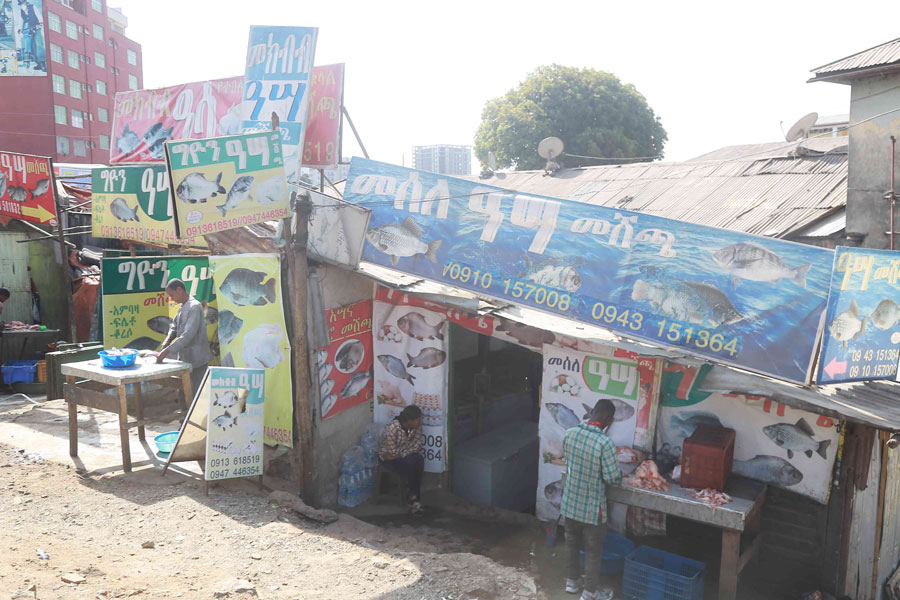
Agenda | Feb 25,2023
Textile manufacturers in the industrial parks struggle to stay the course despite Ethiopia’s delisting from the African Growth & Opportunity Act (AGOA), its primary market for apparel and textile.
Toiling to keep their workforce, and on the edge of profit-making, many are trying to redirect their products to other European markets. However, the federal government offered them an option to sell on the domestic market.
The Ministry of Revenues sent out a letter two weeks ago, extending an earlier permit to enable manufacturers to supply products to domestic markets for another six months. It was intended to support those affected by the delisting.
One hundred eighty-nine companies were housed in 10 industrial parks employing 71,000 people, a survey conducted two years ago by Cepheus Capital, a private firm, finds. They had brought 169 million dollars in export revenues, covering half of the manufactured goods exported. Nearly 90pc were exporting to the US markets benefiting from AGOA.
According to Sandokan Debebe, CEO of Industrial Parks Development Corporation (IPDC), the authorities aim to relieve manufacturers affected by President Biden’s decision to delist Ethiopia from the unilateral preferential trade regime on offer for over two decades. Ethiopia has been eligible to export duty-free items, apparel and leather being the most-rated products, under AGOA.
The African Growth & Opportunity Act (AGOA) was adopted in 2000 under the Clinton administration and intended to benefit African countries that exported to the American market. The United States bought nearly half a billion dollars worth of products from Ethiopia, mainly coffee, comprising an 11.5pc share of the 3.5 billion dollars in export revenues generated two years ago. Apparel exports brought in nearly 150 million dollars.
Erected on 2.75 hectares of land, the Indian-owned Jay Jay Textiles Plc, was one of the companies that exported these apparel products.
Housed in the Bole Lemi Industrial Park (in the outskirts of Addis Abeba’s east), Jay Jay Textile specializes in children’s clothing, mainly supplying Gerber Children’s Wear, The Children’s Place, The William Carter Company (based in the US), and the Swedish H&M. It produces 200,000 items a day. Karuprayil Purushothaman Raju, operational manager at Jay Jay Textiles Plc, saw production drop by three quarters following the AGOA delisting in December 2021, leading to lay off 10pc of 9,000 workers. Revenues have fallen by 25pc.
The offer from the Ministry to let his company sell products in the local market has little value. It has made deals with its buyers not to offer products locally. The price it may get from the domestic market would also be a fraction of the revenues generated from exports.
“We’re also not interested in selling products here,” said K. P. Raju.
Jay Jay Textiles is one of many that have declined the offer. Arvind Lifestyle Manufacturing Plc, Vestis Garment Production Plc, Shints ETP Garment Plc, and Lyu Shoutato Factory Plc have issues with their buyers supplying products to the domestic market. High duty tariff is also a reason discouraging other companies.
Nonetheless, a few companies have shown interest in selling their products locally.
Ashton Apparel Manufacturing Plc, another Indian-based manufacturer in garment production, is one of the outliers. In business since 2018, it has been exporting items, including women’s suits, ensembles, jackets, and blazers produced from wool or fine animal hair. The company has sold 100,000 garments in the four months since the relief was granted. It generated nearly 1.4 million Br in revenue, paying 130 Br in tax for each piece.
Exporters are made to pay 10pc to 32pc depending on the product, disclosed Henok Asrat, head of the marketing and communications department for the IPDC.
“Over 80pc companies are still exporting products to the US,” said Henok.
Others, such as New-Wing Addis, are eying alternative markets.
Incorporated with 3.7 million Br capital, New-Wing Addis has been supplying women’s leather shoes to five buyers in the United States since 2011. All but one of the five buyers has stopped sourcing products from New-Wing Addis. The US-based Wolff Shoe has continued buying, withstanding the 10pc import tax imposed by the US government. On average, the company exports a pair of shoes for two dollars, with a daily production capacity of 2,000. It has seen production plummet to 400.
“We’re finding ways to expand our export,” said Evano Mesfin, deputy manager. “We’ll lose huge revenues if we sell domestically.”
Managers of New Wing Addis may have found new buyers in Hong Kong and Japan to keep doors open and their machines running. The company has been exporting bags and wallets to Italy for four months after hiring professionals from Bangladesh to train 400 of its workers. Yet, they found the new destinations are less lucrative than the US.
PUBLISHED ON
Oct 15,2022 [ VOL
23 , NO
1172]

Agenda | Feb 25,2023

Fortune News | Sep 15,2025

Radar | Jun 17,2023
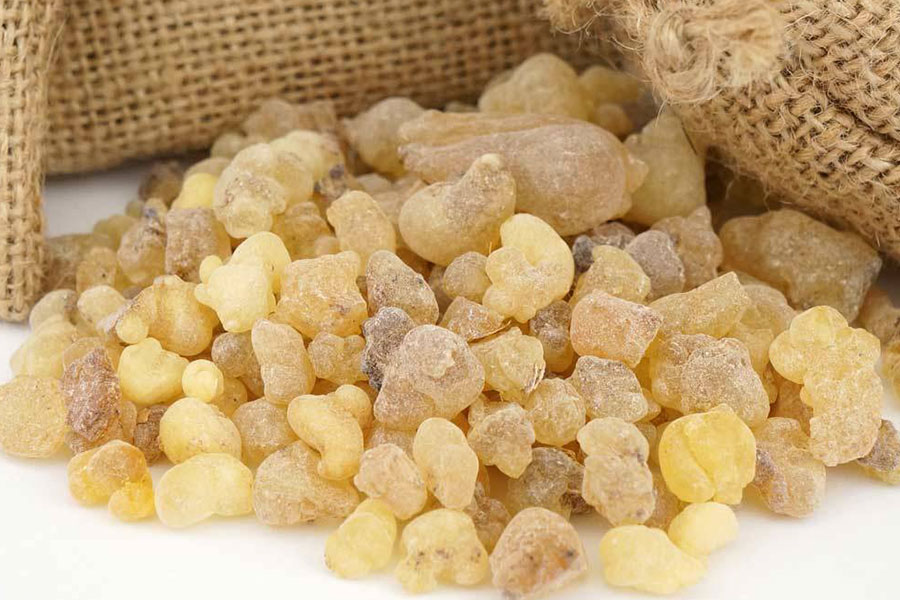
Fortune News | Apr 30,2022

Fortune News | Feb 20,2019
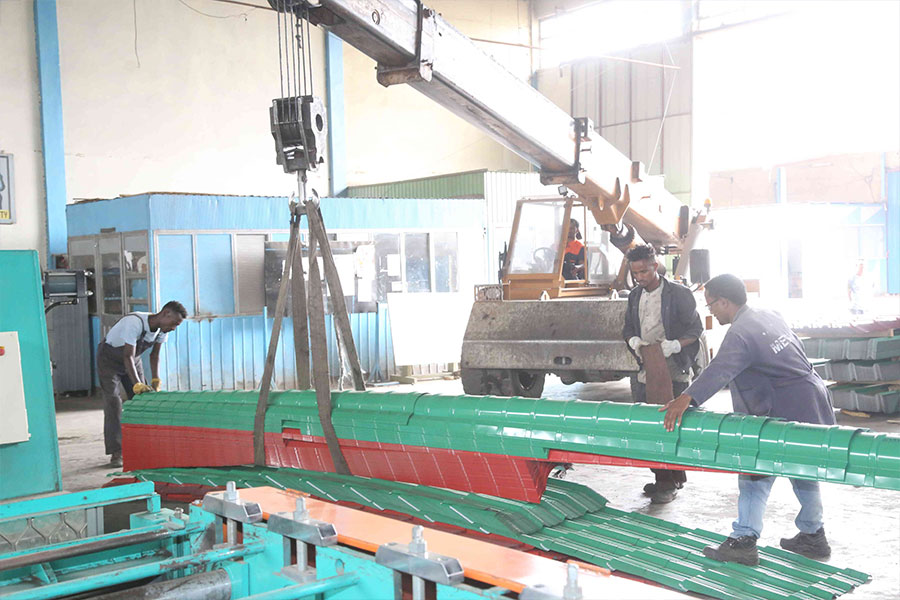
Agenda | Jun 18,2022
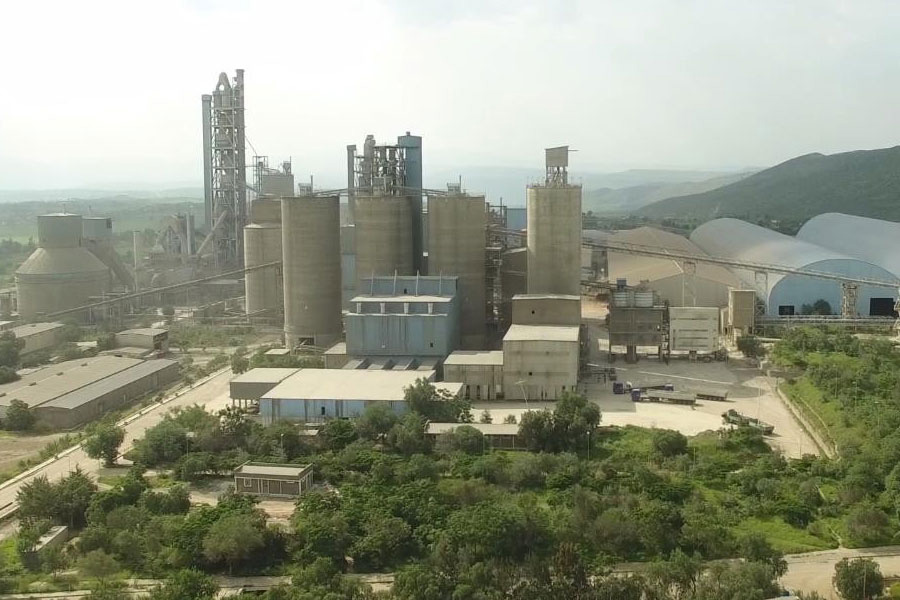

Fortune News | May 13,2023
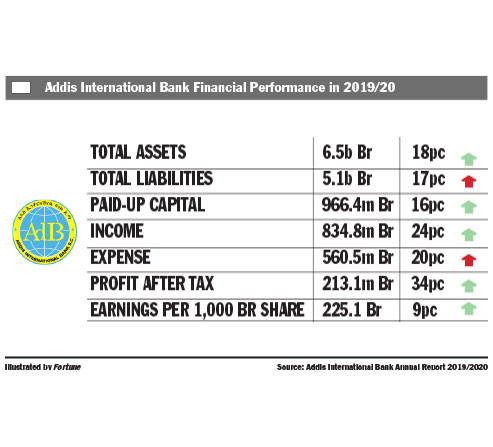
Fortune News | Apr 03,2021
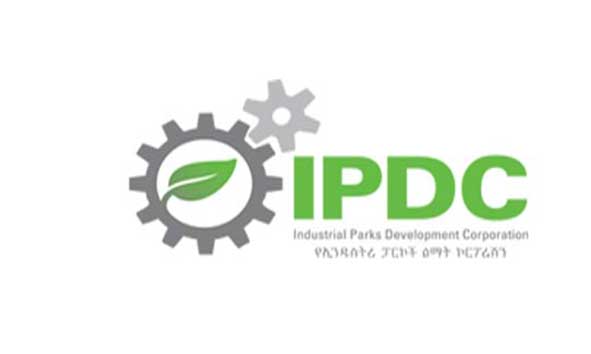
Fortune News | Aug 31,2019

Dec 22 , 2024 . By TIZITA SHEWAFERAW
Charged with transforming colossal state-owned enterprises into modern and competitiv...

Aug 18 , 2024 . By AKSAH ITALO
Although predictable Yonas Zerihun's job in the ride-hailing service is not immune to...

Jul 28 , 2024 . By TIZITA SHEWAFERAW
Unhabitual, perhaps too many, Samuel Gebreyohannes, 38, used to occasionally enjoy a couple of beers at breakfast. However, he recently swit...

Jul 13 , 2024 . By AKSAH ITALO
Investors who rely on tractors, trucks, and field vehicles for commuting, transporting commodities, and f...

Oct 11 , 2025
Ladislas Farago, a roving Associated Press (AP) correspondent, arrived in Ethiopia in...

Oct 4 , 2025
Eyob Tekalegn (PhD) had been in the Governor's chair for only weeks when, on Septembe...

Sep 27 , 2025
Four years into an experiment with “shock therapy” in education, the national moo...

Sep 20 , 2025
Getachew Reda's return to the national stage was always going to stir attention. Once...